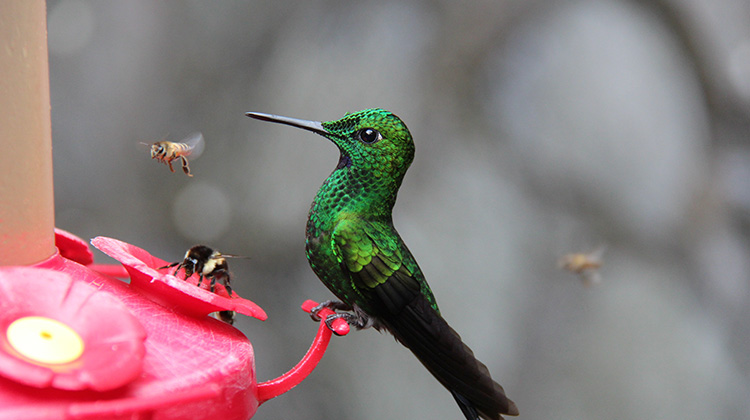Teach Sexual Consent Young

Former Australian of the Year and sexual assault survivor Grace Tame thinks that sex education should start young to nip negative ideas about how sex works in the bud; research seems to back that idea up.
Current sex education is programs are lacking, many programs are fear based, delivered in short, one-off, 1–2-hour sessions, and in university settings.
Programs often framed consent within the context of risks and potential negative impacts of sexual activity, as opposed to healthy relationships.
They rarely involved young people in co-design, which is a critical mistake, and many programs were not adequately inclusive and lacked diversity.
A recent study conducted by researchers at the Kirby Institute and the School of Population Health at UNSW Medicine & Health said sex-negativity is common in fear- based school sex education.
“It’s perhaps not surprising that we found many sexual consent education programs framed consent within the context of risks and potential negative impacts of sexual activity. This approach creates stigma and shame and can make it challenging for young people to ask questions and talk about sex and healthy relationships,” Senior author of the study, Dr Allie Carter from the Kirby Institute said.
On average, Australians are sexually active by ages 16–17. Dr Carter said sexual consent education should be taught in an age-appropriate way from primary school to ensure young people understand – before they are sexually active.
“It’s important to teach young people, including little kids, about consent and their bodies as young as possible – long before it has anything to do with sex – scaffolding into more complex issues with each year,” said Dr Carter.
“For example, early education can centre around learning the correct names for body parts, respecting a child’s choices about touch, teaching children to respect other people’s boundaries, asking for consent, and identifying and expressing feelings.”
Dr Carter said this can lay the foundation for open, frank, and informative discussions about sexual consent with teenagers, from helping them develop empathy for others to building positive relationship skills.
A whole-school approach to sexual consent education that advocates a consistent set of policies, principles and values around consent and respectful relationships is ideal.
“A whole-school approach involves both formal and informal practices and conversations in and outside of the classroom, involving multiple audiences across the school that includes parents, teachers and students,” said first author of the study, Olivia Burton from the School of Population Health.
She said this approach should be more widely utilised in future programs, as reducing violence requires not just educating students, but changing culture.
“Education needs to move beyond the individual and interpersonal level – where one person assaults another – and include a critical discussion of the structural and institutional environments that enable or allow this behaviour.”
The researchers said changing sexual consent culture needs to be more than relying on schools to implement programs.
“It needs an intersectoral approach to ensure that governments invest in progressive programming and policies to address the root causes of sexual violence at the institutional and societal level and promote social justice, sexual agency, and health.”
Photo by Dick Scholten from Pexels